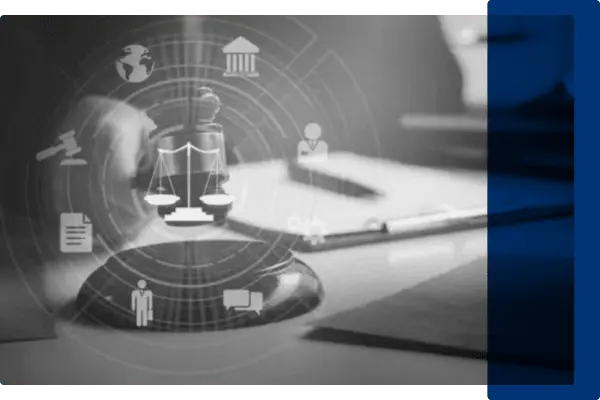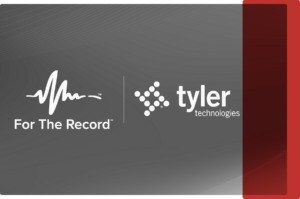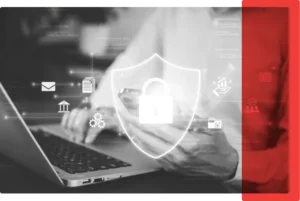
20 Feb
2024
World Day of Social Justice 2024: Bridging Gaps and Building Alliances in the Justice System
On World Day of Social Justice, we’re reflecting on the theme of “bridging gaps, building alliances.” In the pursuit of a more just world, modernizing court processes while ensuring they are people-centric is crucial for enhancing access to justice.
Currently, the justice system grapples with two significant “gaps,” each posing distinct challenges to the pursuit of fairness and accessibility.
Stenographer Shortage
The first gap centers around the demand for stenographers, traditionally critical in capturing legal proceedings. The demand-supply disparity is leading to significant access to justice issues. With an insufficient number of stenographers available, courts face mounting delays in case resolution, which not only burden the system but also prolong the wait for justice for individuals involved in legal disputes.
Moreover, when stenographers are unavailable and statutory constraints inhibit alternative solutions, many legal proceedings go unrecorded entirely. This leaves litigants without the crucial certified transcripts necessary for appeals or future reference, unless they had the financial means to hire a private stenographer—which is not often the case.
Digital Divide
The second gap, the digital divide, presents a distinct yet equally pressing challenge. While we advocate for digitized court services because they offer efficiency, convenience, and accessibility, it is also true that certain groups are disproportionately excluded due to limited access to the internet, lack of internet-enabled devices, inadequate digital literacy skills, or financial concerns. This digital divide can perpetuate inequalities, hindering marginalized communities’ ability to navigate the legal system effectively.
However, efforts are underway to address these disparities. Initiatives aimed at bridging the gap between the demand for capturing legal proceedings and available resources include incentivizing stenography as a career path, though progress in this area remains limited. Additionally, more jurisdictions than ever before are implementing initiatives to transition to digital systems and other advanced platforms to capture, manage, protect, and access court records.
Similarly, addressing the digital divide involves implementing programs to enhance digital literacy, provide subsidized internet access, partner with local organizations to provide access to devices, and ensure court platforms and online court content are accessible and user-friendly for all.
While these efforts signify progress, sustained commitment and collaboration across legal, technological, and advocacy sectors are essential to effectively narrow these gaps and uphold principles of fairness, inclusivity, and equity within the justice system.
By building alliances between stakeholders in the justice community, technology experts, court participants, and policymakers, we can collectively address these challenges, drive meaningful transformations, and move closer to a justice system that truly serves all individuals, irrespective of background or circumstance.




















